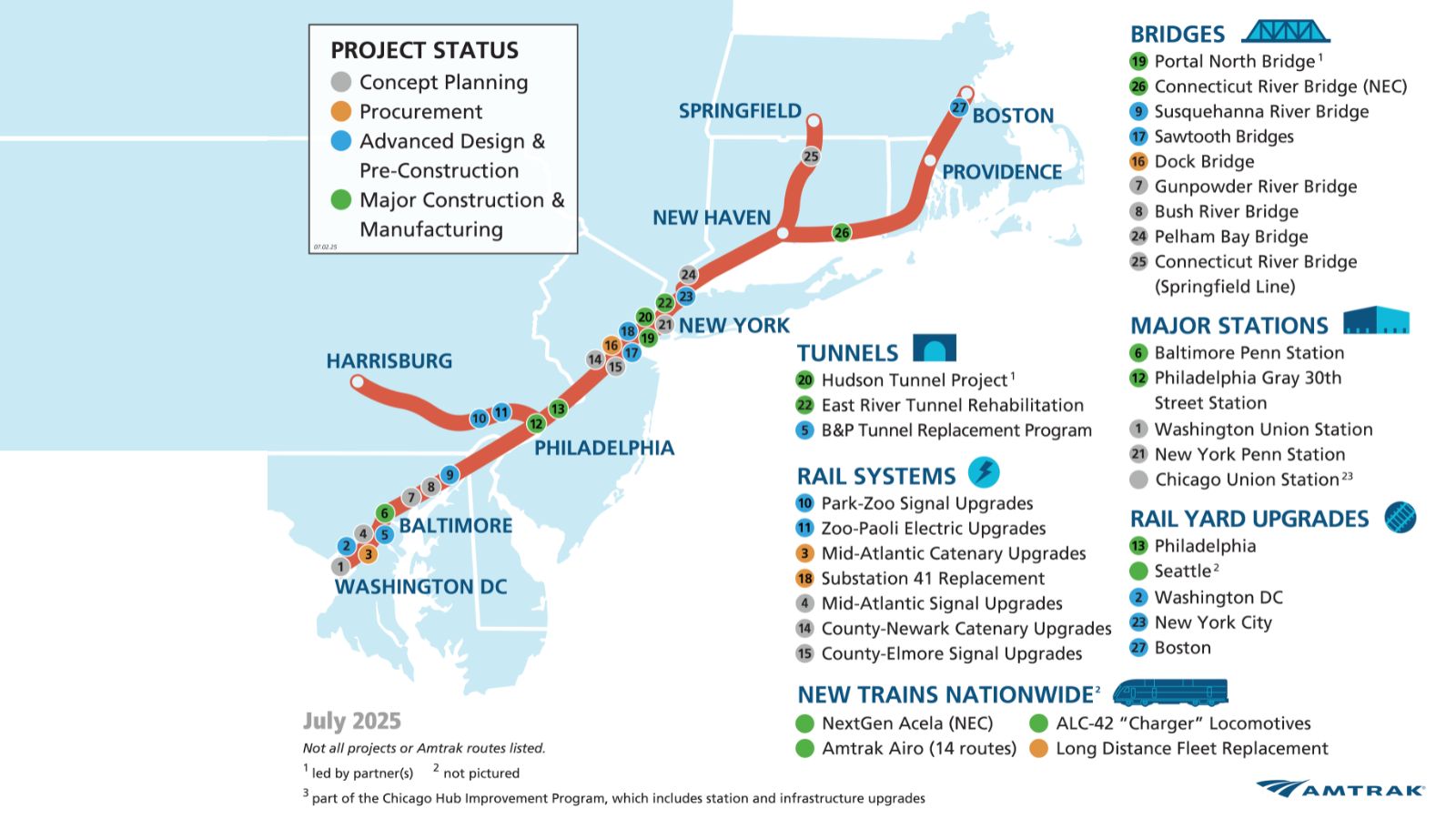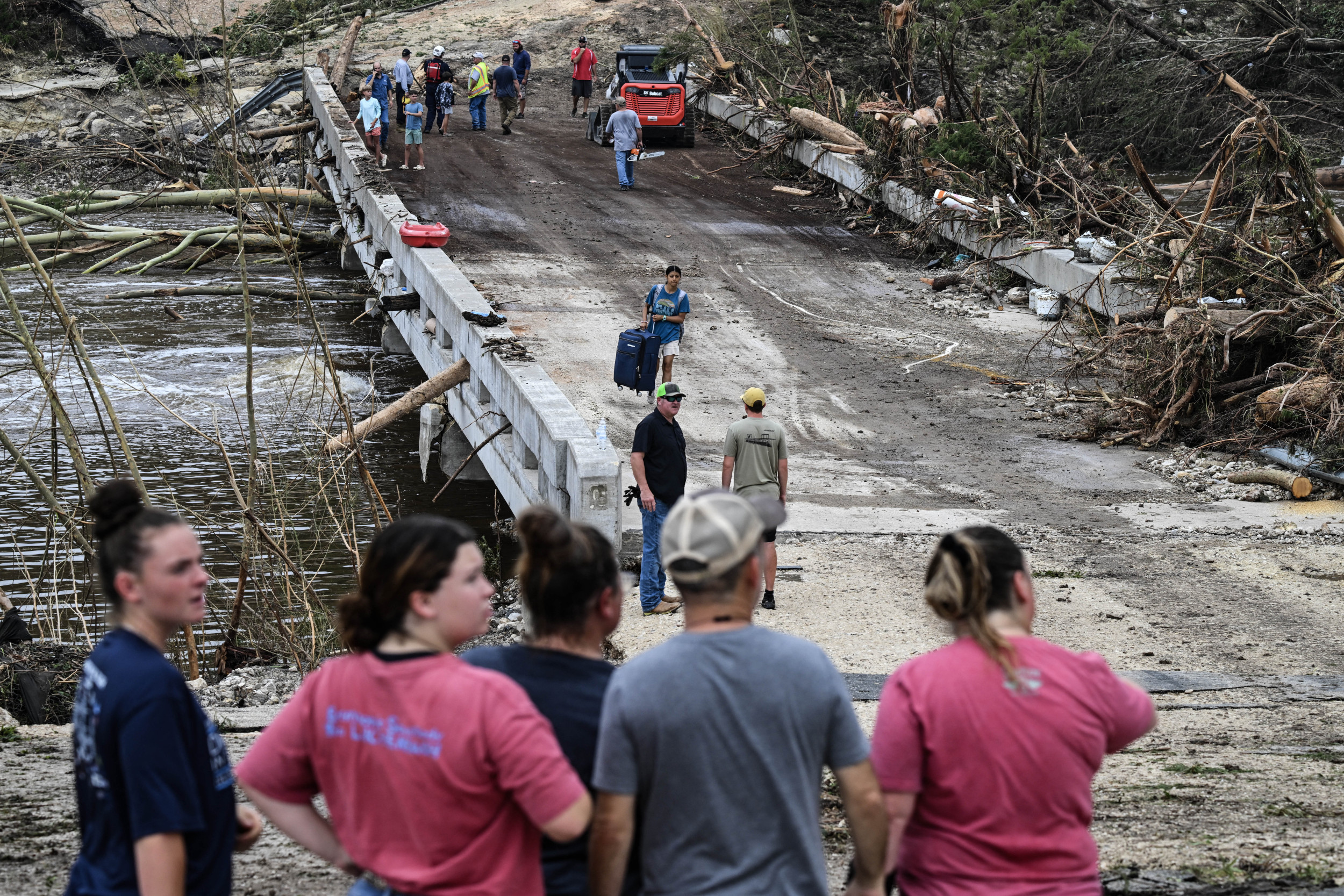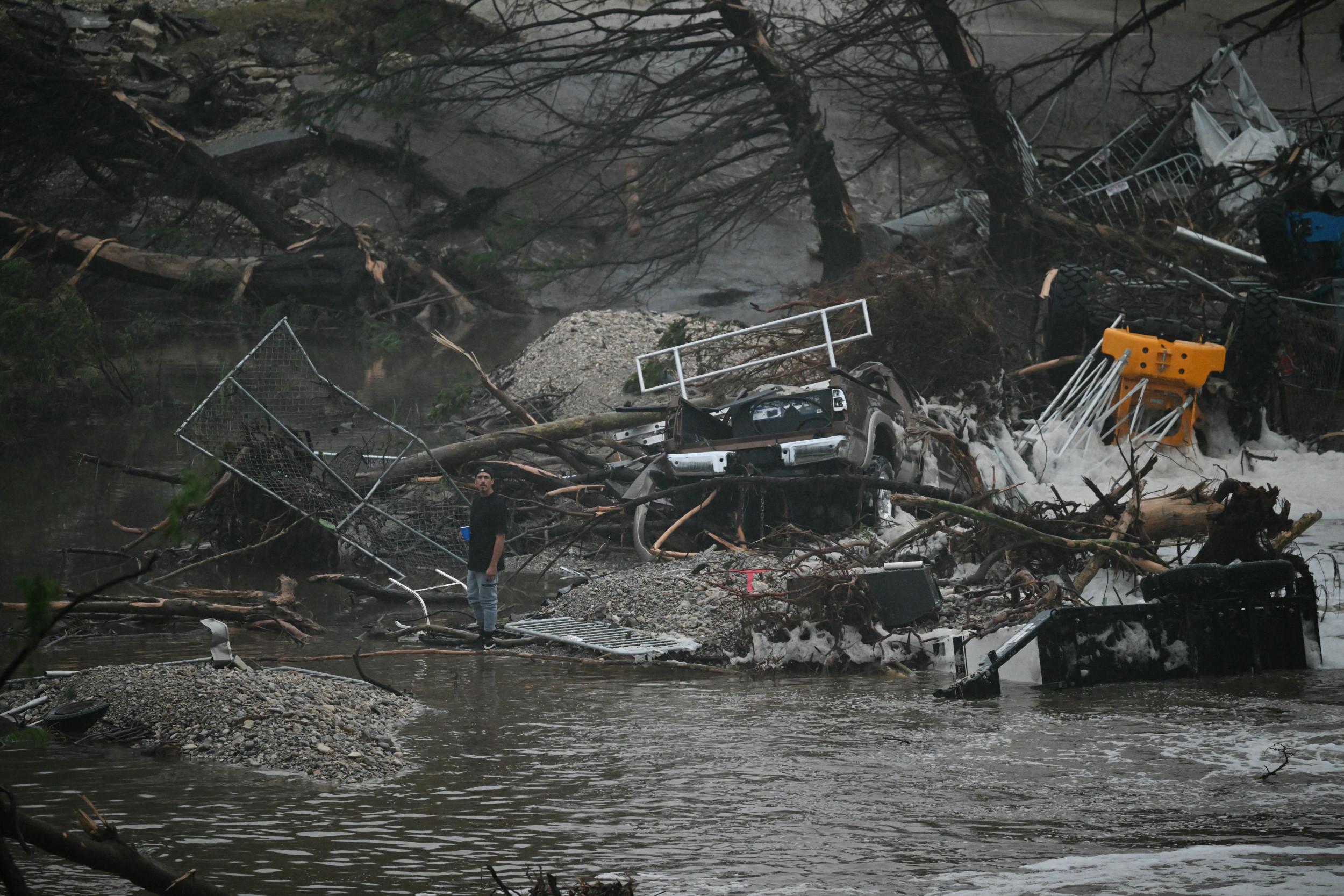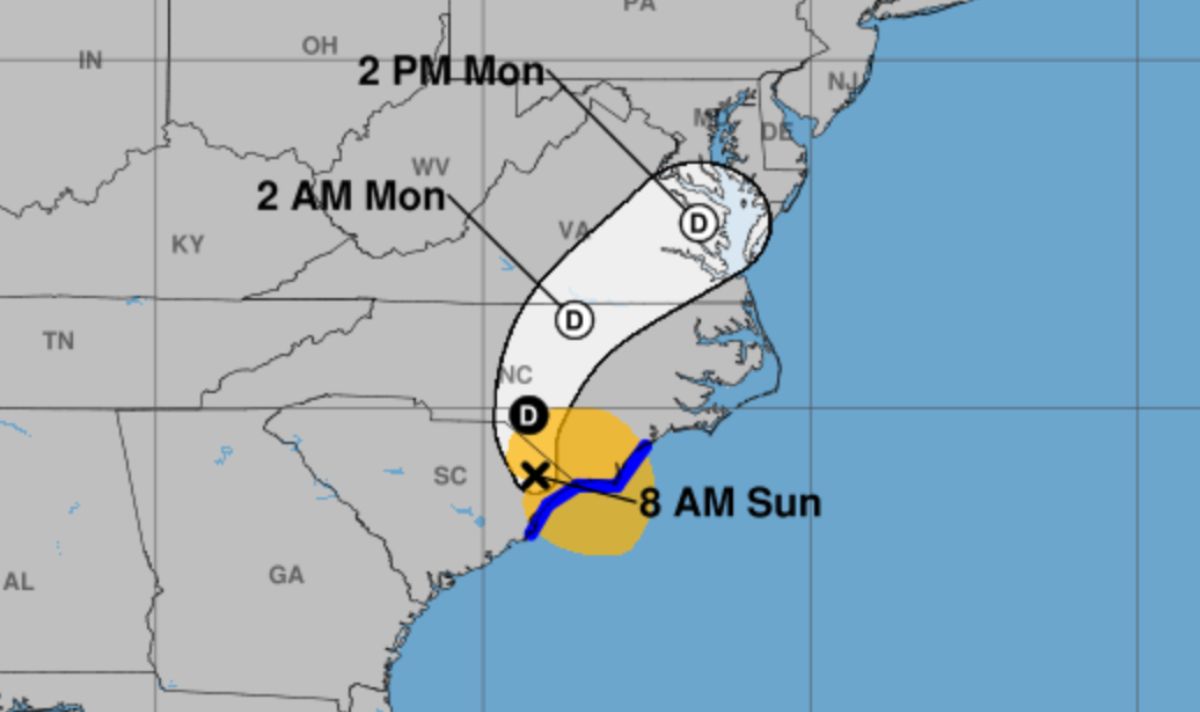🎙️ Voice is AI-generated. Inconsistencies may occur.
Estonia's section of the Rail Baltica high-speed rail project has moved into its development phase after project leaders signed two major construction contracts valued at up to 932 million euros, the equivalent of $1.06 billion.
The contracts, awarded to international consortia led by GRK Suomi and Bouygues Travaux Publics, span the Ülemiste–Pärnu and Pärnu–Ikla railway sections. Construction preparations are now underway, with the goal of physically linking Estonia's capital to the rest of the Baltic region and Europe.
Newsweek contacted the managers of Estonia's section of the project via email for more information.
Why It Matters
The Rail Baltica project is one of the largest active projects in the European transportation industry, designed to connect the Baltic capitals of Tallinn, Riga, and Vilnius directly to Poland, and ultimately to Western Europe. The project took on a new urgency after the escalation of the war between Ukraine and Russia because it would make the Baltic states less reliant on Russian infrastructure.
What To Know
The construction procurement milestone allows Estonia's 215-kilometer portion of Rail Baltica to proceed, though the final construction relies on Latvia and Lithuania also delivering their segments of the rail.
The consortium led by GRK Suomi includes Finnish, Estonian, French and Swedish partners taking charge of substructure and superstructure works for the Ülemiste–Pärnu and Tootsi–Pärnu segments.

Bouygues Travaux Publics—working with partners from France, Poland and Estonia—is responsible for the Pärnu–Ikla section.
Rail Baltica is the largest railway project under construction in Europe, covering almost 900 kilometers. Once completed, it will connect passengers and freight from Tallinn to Warsaw through Latvia and Lithuania, and indirectly to Finland via ferry links. The plan is to have portions operational by 2028, with full completion set for 2030.
However, concerns have been raised by officials that Latvia may not be able to complete its segment on time, which would delay the entire project.
A joint audit from Lithuanian, Latvian and Estonian investigators found that the country may need 7.6 billion euros more than originally planned to complete its segment.
In response to the report, Andris Kulbergs, the chair of the Latvian Saeima's Rail Baltica inquiry committee, said: "We have a contract. All three of us—Estonia, Latvia and Lithuania—are in the same boat. If one of us fails, we all share the cost. The penalties must be paid even on another country's behalf."
What People Are Saying
The Lithuanian Ministry of Transport and Communications told Newsweek: "Rail Baltica is our strategic priority and a geopolitical necessity. The project aims to connect Lithuania, Latvia, and Estonia with their Western allies through a north-south railway axis using the standard European gauge of 1435 mm. This shift is crucial for the military mobility across the Baltics, enhancing our capacity and integration with Europe.
"Furthermore, the revised Trans-European Transport Network (TEN-T) Regulation now foresees the development of a new European-gauge railway line to Klaipėda and a new transport corridor connecting the Baltic, Black and Aegean Seas, thus further enhancing Rail Bartica's impact and reach.
"The strategic importance of Rail Baltica is growing not only considering the geopolitical situation in Europe, but also the expansion of the unified European transport network corridors and future connections with Ukraine. The Rail Baltica project will serve as a strong foundation for establishing a new economic and security corridor with Ukraine, which is crucial for our collective security."
What Happens Next
Construction on Estonia's section is set to begin after the current development phase, with major works expected in 2026.
fairness meter
About the writer
Theo Burman is a Newsweek Live News Reporter based in London, U.K. He writes about U.S. politics and international news, ... Read more




